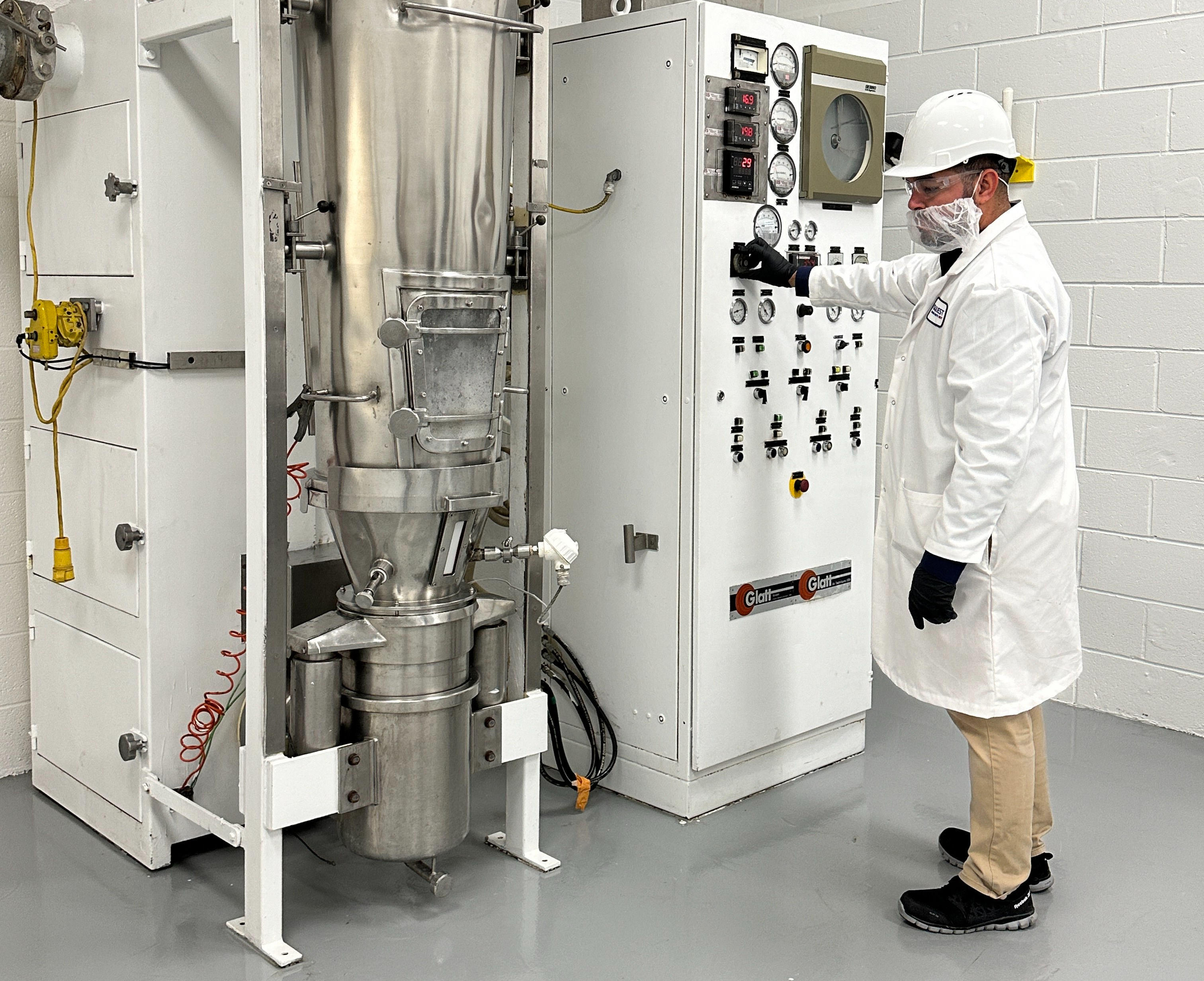6,600 children at increased risk for celiac were followed from birth to the age of five in Sweden, Finland, Germany, and the USA. 18% developed celiac disease autoimmunity, and 7% developed celiac disease. The risk of developing pre-celiac disease or celiac disease was highest in 2-3 year-olds, a risk that increased noticeably even with a daily gluten intake of two grams—the equivalent of one slice of white bread. The association was clear in all participating countries except for Germany, where there was insufficient data.
Carin Andrén Aronsson, lead author of the article and dietician at Lund University, said in the release: “A daily gluten intake over 2 grams at the age of 2 was associated with a 75% increase in risk of developing celiac disease. This is in comparison with children who ate less than 2 grams of gluten. However, determining a recommendation or limit is a challenge, as gluten intake varies and increases during the first years of life.”
Related: Company Profile: Gluten Intolerance Group Gluten-Free Market Expected to Expand From Comfort to College: The Story of a Gluten-Free High School Senior
That said, notes Daniel Agardh, co-author of the study, the majority of the group did not develop the disease, and that any overarching dietary recommendations would be difficult to make.The research team has previously performed other studies on the cause of celiac, and have demonstrated that the timing of when a child begins to eat gluten is likely to play a very small role in the development of celiac. Their next steps, according to the release, involve investigating the significance of infectious diseases and looking into whether an entirely gluten-free diet could reduce the risk of celiac.










